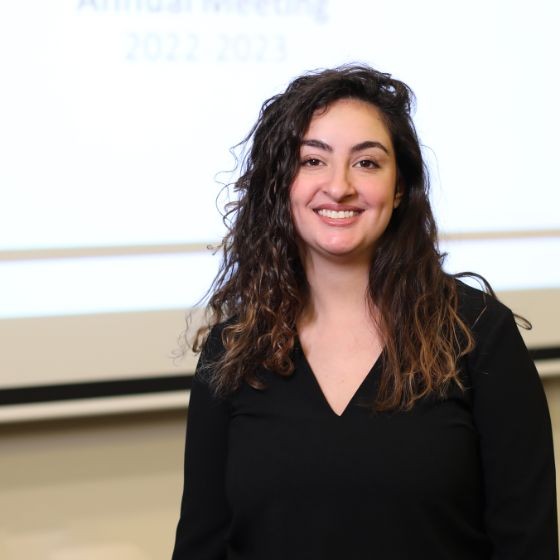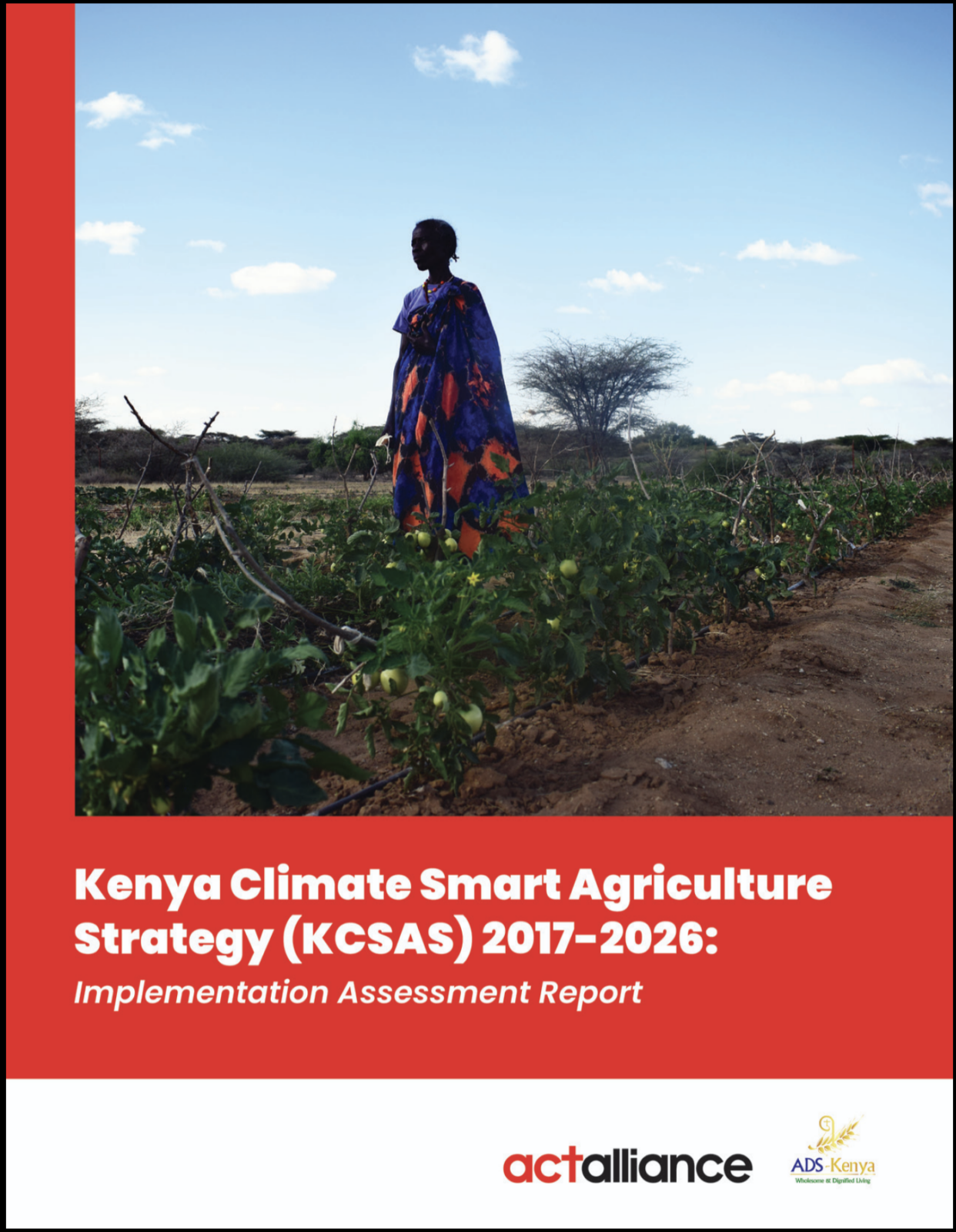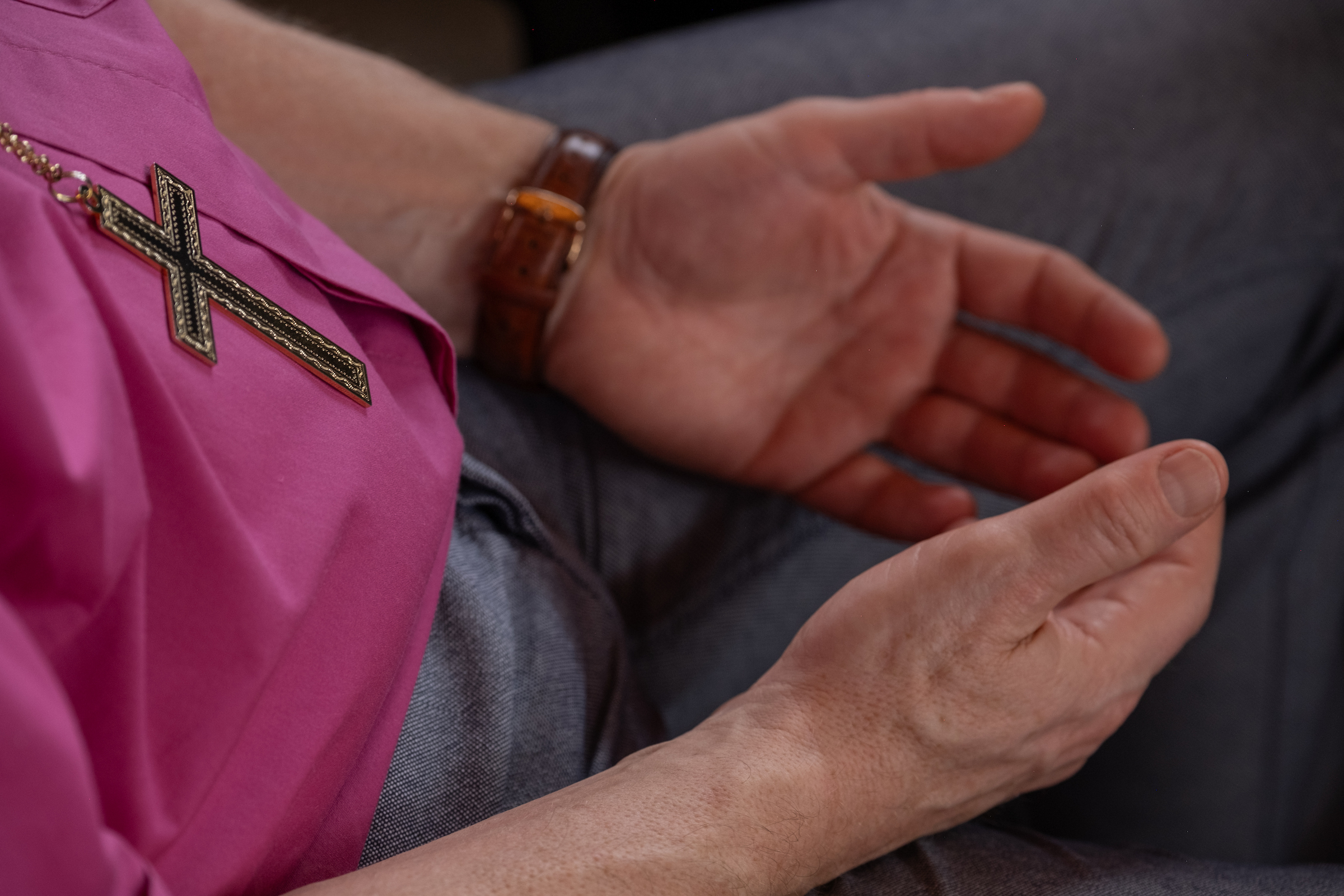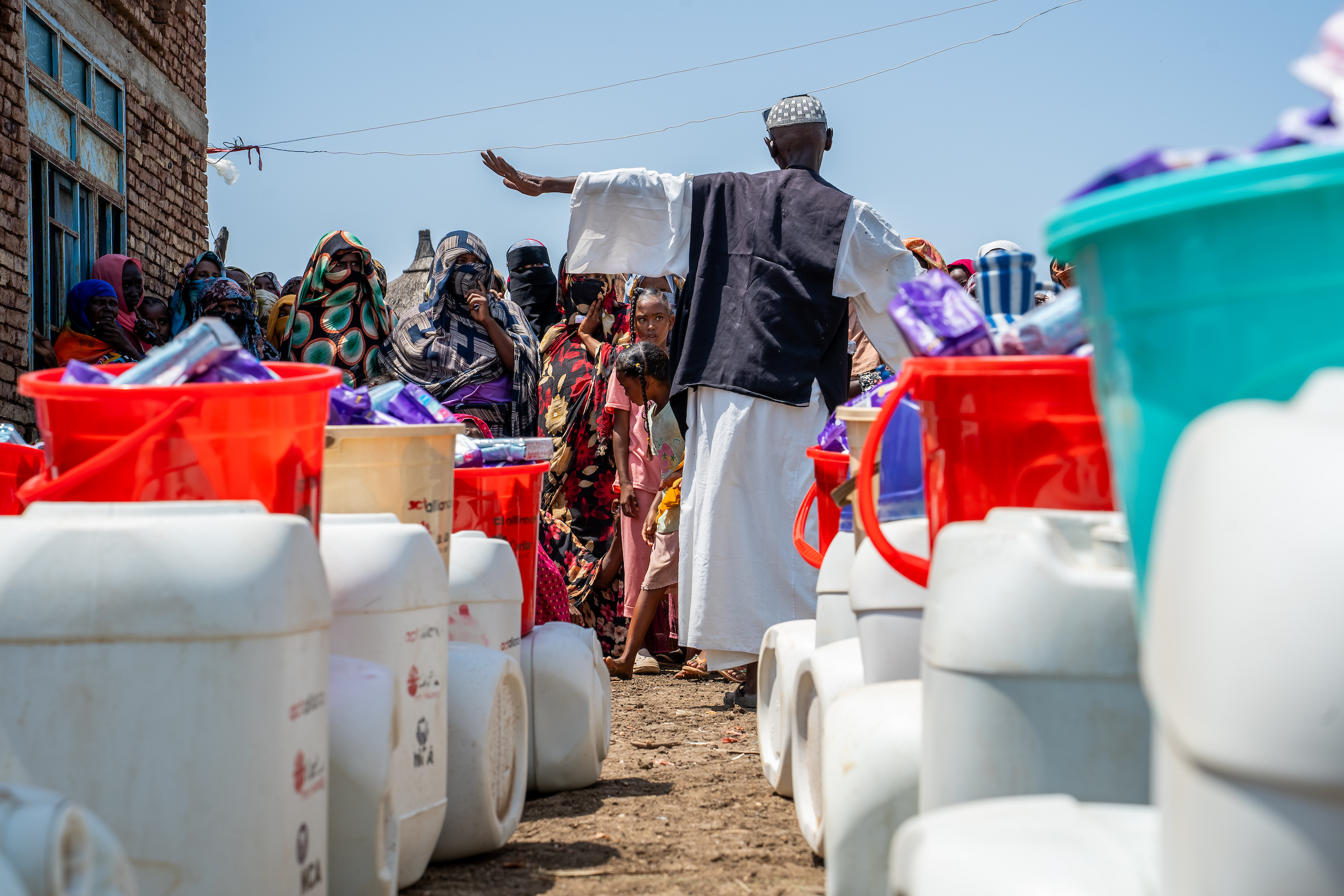By Mareez Magdy and Ferdinand Girke
The summer of 2024 in West Asia and Africa was the hottest recorded. The region is experiencing extreme droughts and an acute water crisis. In Egypt, heat, massive floods and less predictable agricultural seasons are threatening the food security, economic development and health of the country’s more than 100 million inhabitants. On top of the already dire situation of Egypt having to import a large share of its food, the government predicts that harvests in the Nile delta, its “bread basket,” will decline by more than 10 percent by 2030.
Due to post-colonial dependencies, national debt and ample development challenges, Egypt does not have sufficient financial means to adequately adapt to climate change. The country is rated as severely underfunded in the latest Climate Adaptation Finance Index of ACT member Bread for the World. The people at the margins of society are already fighting for their survival in the face of dwindling crop yields and extreme weather events. And it is precisely they who have contributed the least to the current climate crisis.
Locally-led solutions
Egyptian ACT member BLESS (Bishopric of Public and Ecumenical Services), the developmental arm of the Coptic Orthodox Church, is supporting exactly these communities at the frontlines of climate change. Using participatory climate and disaster risk assessments in local communities, BLESS supports people in taking matters into their own hands. While learning about the newest climate projections for their area, they assess how they are already adapting to climate change and what else they could do with some support. Examples of locally-led adaptation solutions which BLESS has facilitated include mitigation.
Biogas units to convert agricultural waste into green energy sources for cooking and heating; agricultural seminars for producing organic compost; and the identification of seeds better suited to withstand new climate trends are just a few examples of concrete local solutions which communities have developed with the support of BLESS.
COP29: More Accessible Adaptation Finance Now
BLESS is scaling up this locally-led approach with dozens of rural communities, but there is much more to do.
“From simple solar panels to use for powering water-saving irrigation and early warning systems to climate risk insurance for small farmers, there are so many ideas but we lack funding.” says Mareez Magdy of BLESS. “We urgently need climate finance to be more accessible to local communities and their organisations.”
The Egyptian government is working towards supporting the much-needed just energy transition and larger scale adaptation. However, context-specific bottom-up approaches like the ones BLESS supports lack funding. When negotiating the New Quantified Collective Goal (NCQG) at COP29, we call on all states to ensure more direct access to climate finance for the most vulnerable communities. In addition, developed countries should urgently deliver on their pledges on scaling up public adaptation finance before the window for adaptation closes completely.
"As people of faith, we are called to respond to the groan of all creation suffering amid the climate crisis. So let us work together with love as our motivation and faith as our guide,” says Mareez.
Mareez Magdy, an ACT COP29 Delegate, is the climate change focal point at BLESS and has more than 20 years of experience with working towards resilience of the most vulnerable communities in Egypt, with a particular focus on sustainable rural development and climate adaptation. Ferdinand Girke is Bread for the World’s Senior Programme Advisor on Climate Justice in the MENA region.
Mareez Magdy with Ferdinand Girke in the background, at COP29. PHOTO: Albin Hillert/LWF




